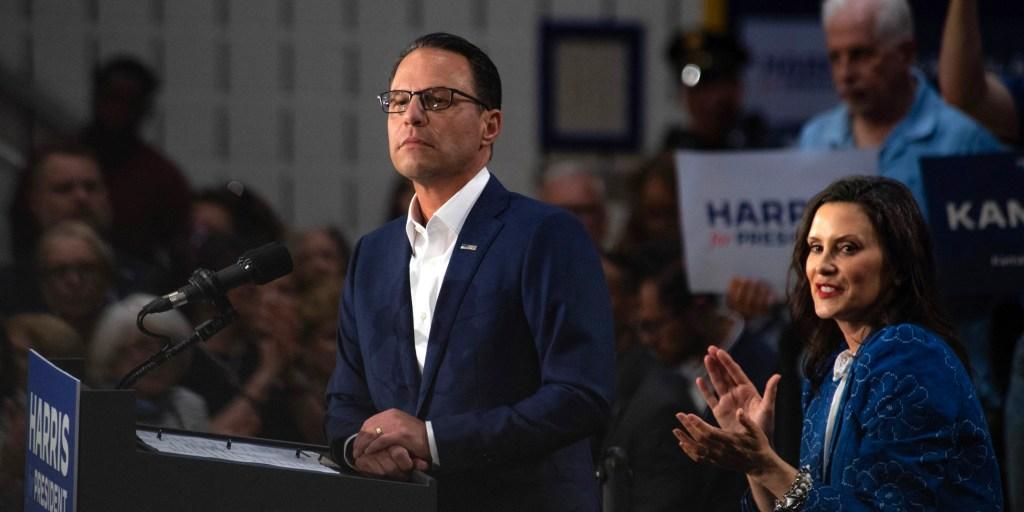In the politically charged landscape of North Carolina, a surprising twist is unfolding as Democratic lawmakers unexpectedly cross customary party lines, challenging the rigid narrative of partisan politics. These maverick legislators are casting votes that align more closely with Republican priorities,sending ripples of intrigue through the state’s political corridors. Their unconventional approach reveals a complex tapestry of governance where ideological boundaries blur and individual conviction takes precedence over party allegiance. In a surprising political twist, several Democratic legislators in North Carolina have been bucking party lines, collaborating with Republicans to advance key conservative policy objectives. This unprecedented alignment has raised eyebrows and sparked intense discussions about political unity and ideological flexibility.
The crossover votes have primarily focused on education, education funding, and economic development initiatives. Some Democratic representatives argue that these proposals align with their constituents’ interests, transcending traditional party boundaries. By strategically breaking ranks,they demonstrate a willingness to prioritize pragmatic solutions over strict partisan allegiances.Key legislative areas where Democrats have shown unexpected support include school choice expansions, charter school funding, and specific economic development projects. These collaborative efforts suggest a nuanced approach to governance that challenges the traditional narrative of rigid party-line voting.
Motivations behind these crossover votes vary. Some lawmakers represent swing districts where constituents demand bipartisan cooperation. Others believe that compromise leads to more effective policymaking and better represents diverse community needs. The strategic political maneuvering reflects a complex landscape where regional interests can supersede broader party platforms.
Republican leaders have cautiously welcomed these Democratic defections, recognizing the potential for building broader legislative coalitions. This approach signals a potential shift from the increasingly polarized political surroundings that has characterized recent years.
Local political analysts suggest these votes might indicate a broader trend of pragmatic centrism emerging in North Carolina’s legislative landscape. The willingness of Democratic lawmakers to break ranks could reshape future policy negotiations and electoral strategies.Critics within the Democratic Party argue that these crossover votes undermine party cohesion and perhaps weaken progressive policy goals. However, supporters contend that flexible voting represents a more mature and responsive form of representative democracy.The economic and educational implications of these collaborative efforts remain to be seen. By supporting Republican-backed initiatives, these Democratic lawmakers are signaling a commitment to outcomes over ideological purity.
This political phenomenon highlights the complexity of contemporary legislative dynamics. It demonstrates that political identities are not monolithic and that individual lawmakers can and do make nuanced decisions based on specific contextual factors.
As North Carolina continues to evolve politically, these cross-party collaborations might become more frequent, potentially setting a precedent for more cooperative governance models in other states. The emerging approach challenges traditional partisan narratives and suggests a more fluid, context-driven approach to political representation.










Obama Steps Into the Ring to Deliver a Knockout Blow to Trump